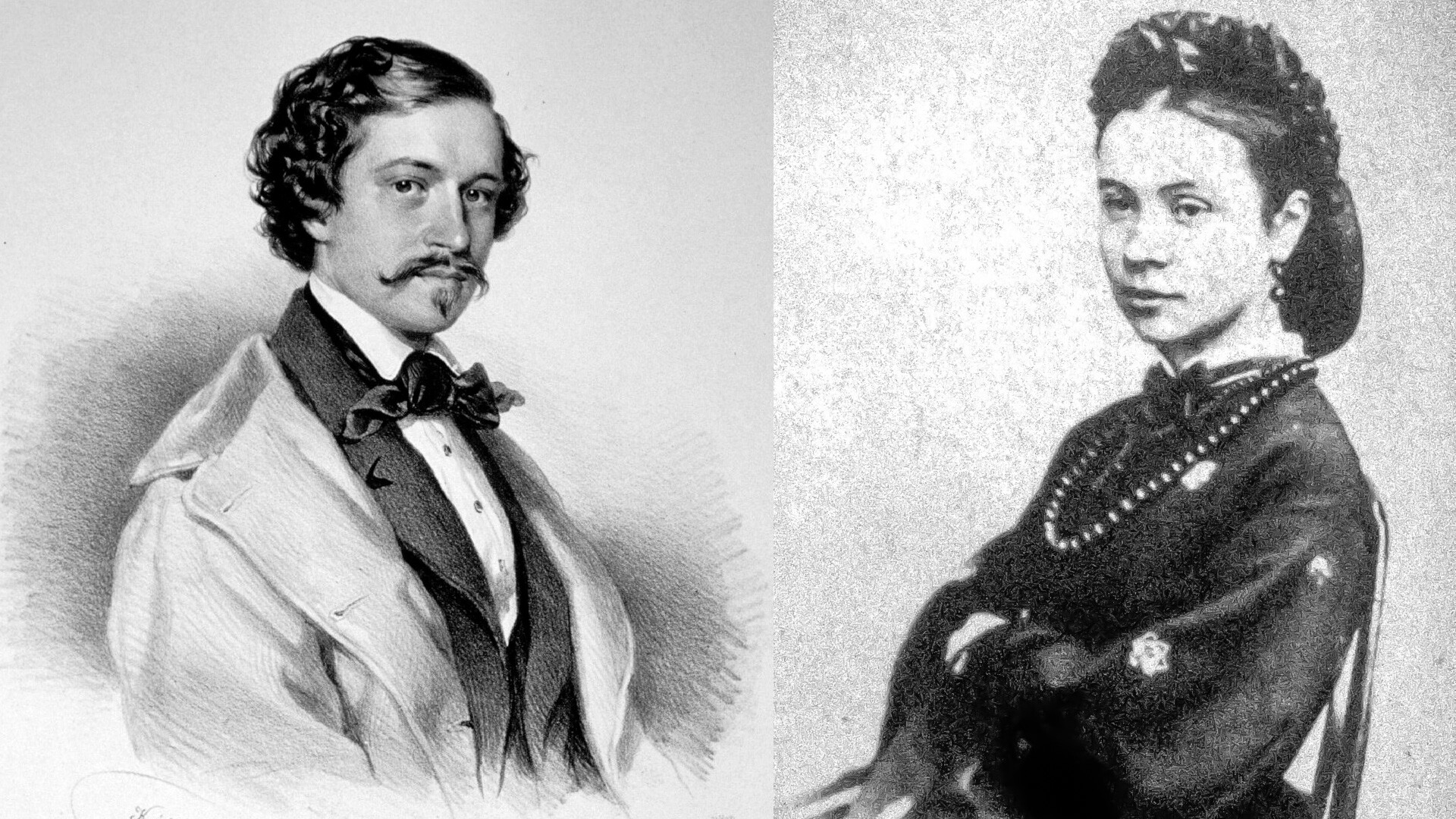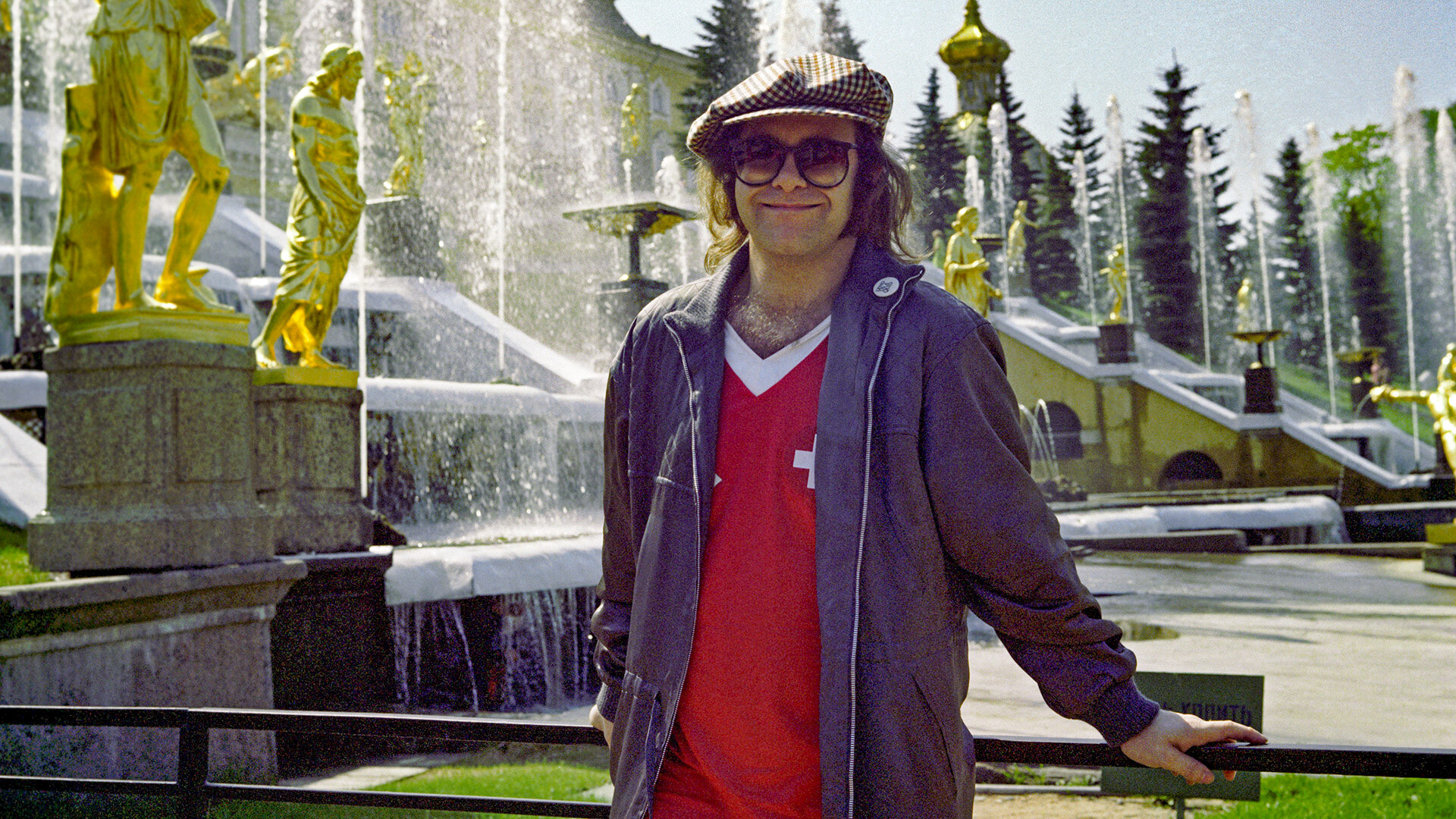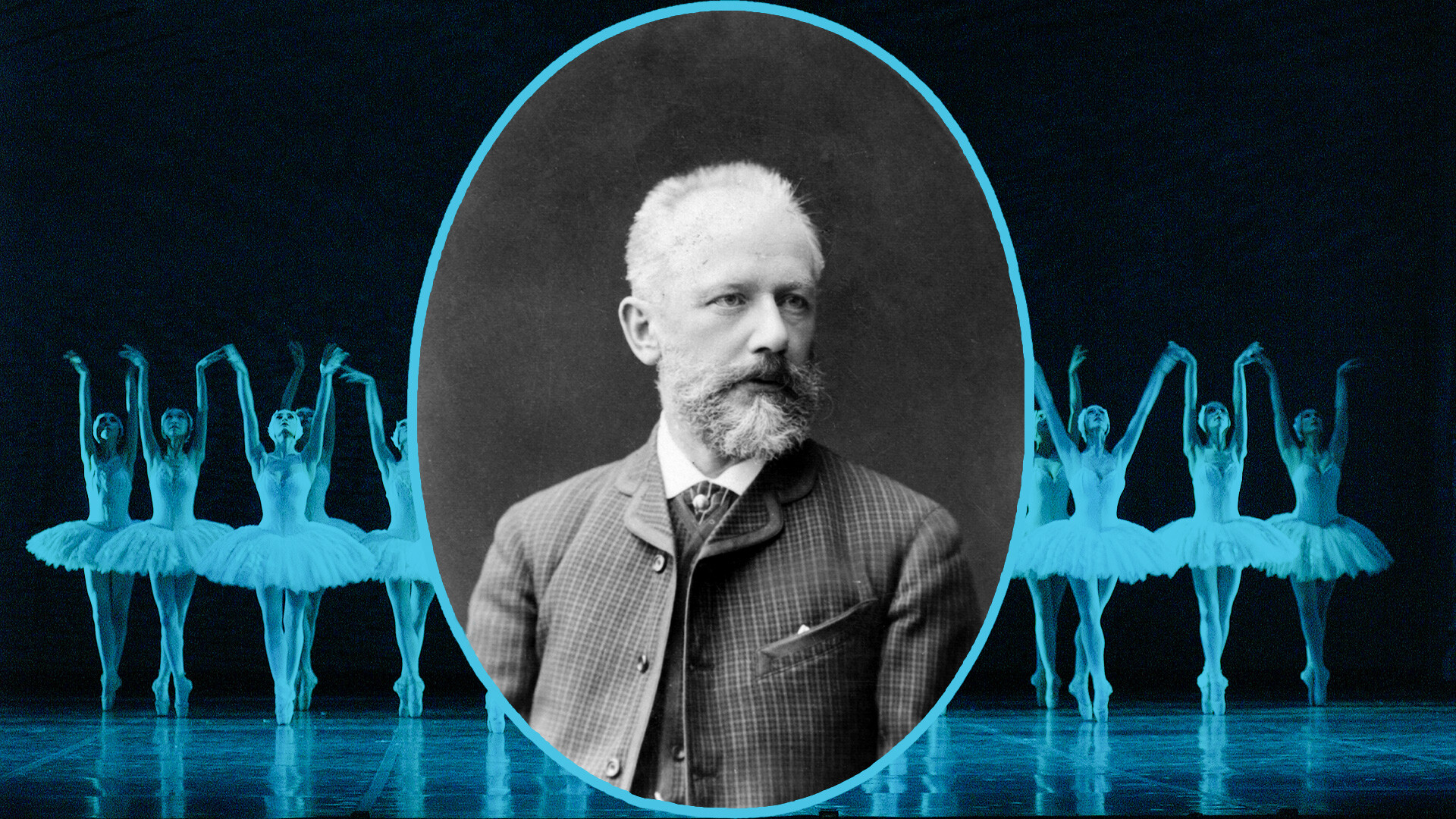
How an unknown sheet music manuscript by Bach was found in Russia

Fans of the great composer around the world often “find” new sheet music manuscripts, allegedly written by Johann Sebastian Bach himself. But, in most cases, the sensational finds turn out to be either copies or fakes. Sometimes, they are of high quality, written by his pupils or even his wife, whose handwriting was often almost indistinguishable from Bach's.
This is not surprising: When Bach served as a Kapellmeister (music director) in Leipzig, he composed a new piece of music every week. His pupils and colleagues copied his compositions en masse and the originals would then get lost or get dissolved in private collections.
For many years, it was believed that there were 16 original manuscripts of Bach preserved within the Russian Empire: 12 were located in Kiev and another four found themselves in archives in Moscow and St. Petersburg.
After the 1917 Bolshevik Revolution, the collection of the Yusupov princes ended up in the Institute of Russian Literature of the Russian Academy of Science (a.k.a. the Pushkin House) in St. Petersburg. Allegedly, another copy of Bach's work was discovered among the papers.

It was only in 2005 that this document again came to the attention of specialists. Music expert Tatiana Shabalina, known for her work on Bach's original manuscripts, was invited to the archive. She was sure that she knew all of the composer's surviving manuscripts.
But, the opposite happened. Having seen this paper, having looked at the characteristic features, Tatiana realized that the Pushkin House was holding a previously unknown authentic manuscript by Bach!
The document turned out to be an alternative version of the 199th cantata. And, soon, it was performed for the first time in Germany, using the sheet music that had lain in a Russian archive for almost 100 years without arousing suspicion!













